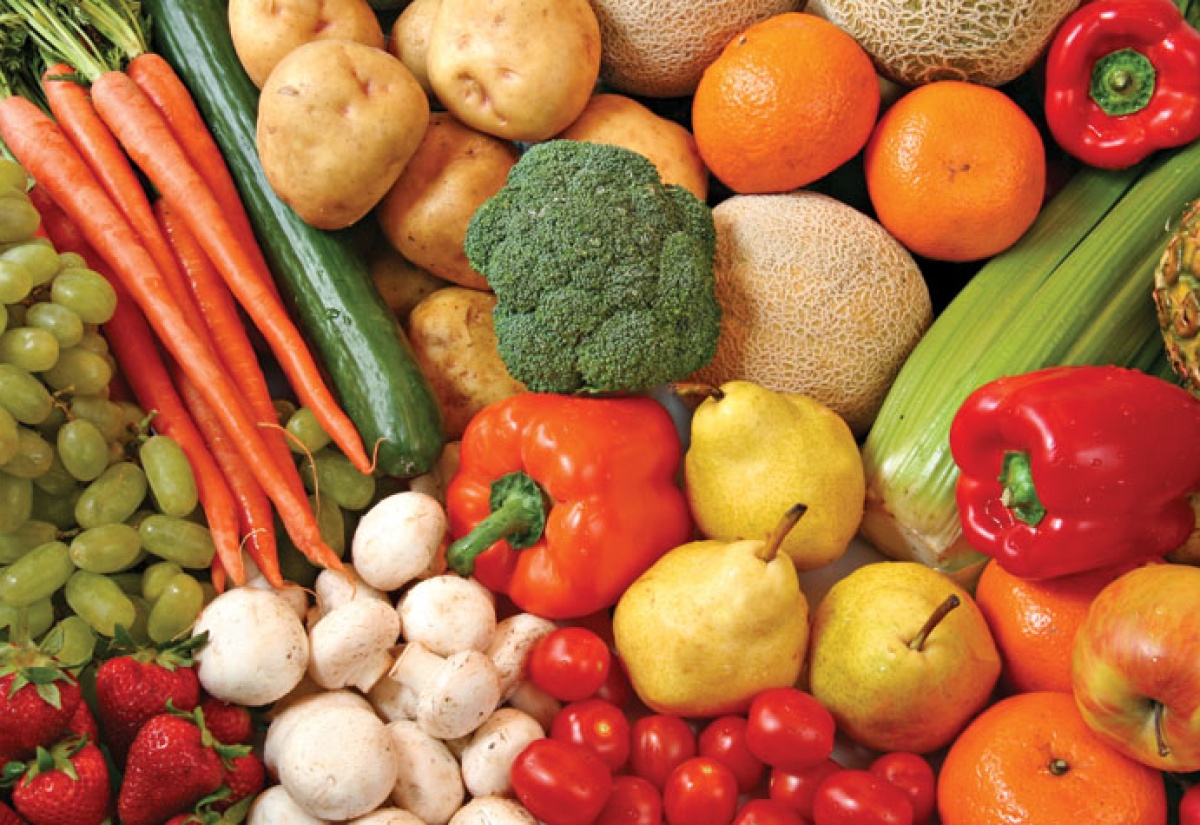Food Import Bill Down
By: , April 22, 2015The Key Point:
The Facts
- Mr. Kellier noted that several crops recorded increased yields, despite the sector’s very marginal decline.
- Noting that 2014 was “a year of tremendous challenge,” consequent on the sector experiencing the worst drought recorded in decades, Mr. Kellier said it was, nonetheless, a year of “tremendous opportunity and success.”
The Full Story
Preliminary data from the Statistical Institute of Jamaica (STATIN) indicates that the country’s food import bill declined by $5.014 billion (US$43.6 million) last year, representing a 4.5 per cent reduction over the corresponding period in 2013.
This represents the largest decline recorded since 2009, according to Agriculture, Labour and Social Security Minister, Hon. Derrick Kellier.
He made the disclosure during his 2015/16 Sectoral Debate presentation in the House of Representatives, on April 21, under the theme: ‘Making Jamaica’s Agriculture Sustainable’.
Noting that the decline recorded in 2014 was “no mean achievement,” Mr. Kellier attributed this to the Government’s “deliberate efforts” to increase food production through the agro-parks initiative.
The Minister said production grew by 15.2 per cent over the first half of 2014, and despite intensified drought during the latter six months, “the sector only declined by a mere 0 .4 per cent.”
Mr. Kellier noted that several crops recorded increased yields, despite the sector’s very marginal decline.
These include: Irish potato, up 12.4 per cent, which he said enabled Jamaica to achieve “national self-sufficiency” of over 90 per cent in the provision of table potatoes; banana and plantain, up 41.7 per cent and 30.8 per cent, respectively; scallion, up 48.7 per cent, which the Minister said was “heavily influenced” by production in the agro-parks, and linkages with agro-processing; and ginger, which he said increased by 8.6 per cent, “despite some challenges with the re-emerging rhizome rot disease.”
Additionally, Mr. Kellier said poultry production increased by 8.7 per cent and sugar cane, 26.8 per cent.
Of significance, the Minister pointed out, was a 7.3 per cent increase in sugar exports during 2014, adding that “thanks to the agro-parks, exports of non-traditional crops (also) held their own, despite the drought.”
Noting that 2014 was “a year of tremendous challenge,” consequent on the sector experiencing the worst drought recorded in decades, Mr. Kellier said it was, nonetheless, a year of “tremendous opportunity and success.”
Arguing that Jamaica’s agricultural sector “has come a long way,” Mr. Kellier contended that the decline recorded last year, consequent on the drought, would have been more “marked,” had key inputs not been undertaken.
These, he outlined, included: increased access to irrigation in the agro-parks; targeted incentives to farmers; and “climate-smart” approaches to agriculture through projects, such as the Government of Jamaica (GoJ)/Adaptation Fund Programme, and expansion of the drip irrigation facility under the Cane Expansion Programme.
“We are turning challenges into opportunities because, as a Government, we have sought, once and for all, to put agriculture on a sustainable footing,” Mr. Kellier assured.


